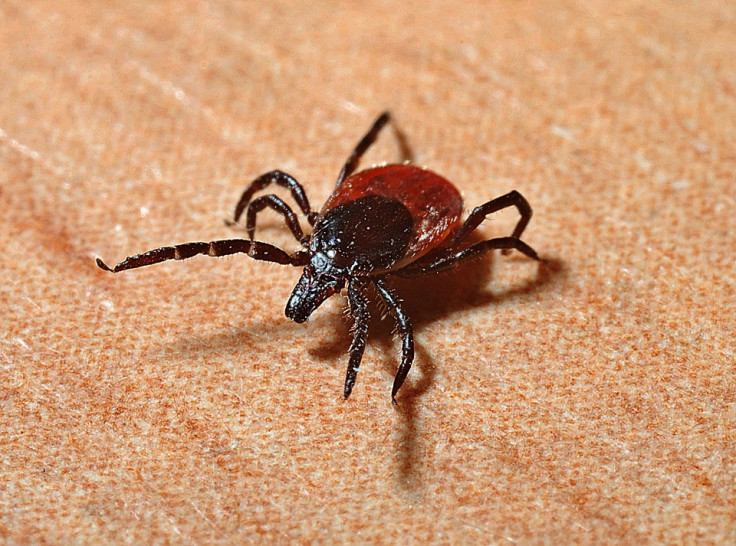Dog ticks may prefer to live on humans than dogs whenever temperatures rise
When temperatures would rise from 74 to 100 degrees Fahrenheit, brown dog ticks that carry the disease have a higher chance of preferring humans over dogs.
Climate change may not have only affected the physical environment but even the tiniest creatures that many may not have been mindful of may also feel the difference. A recent study showed that ticks that carry a deadly disease may also be shifting their preferences towards humans.
Recent research from the University of California showed that ticks carrying the deadly Rocky Mountain spotted fever (RMSF) could turn and feed on humans instead of dogs due to the rising temperatures. The findings were presented at the Annual Meeting of the American Society of Tropical Medicine and Hygiene. According to researchers, this is a bad sign of how climate change and the rise in temperatures could increase the risk of people contracting illnesses borne by ticks.
In a news release, Laura Backus, lead author of the study, stated that their work indicates that when the weather gets hot, people would have to be more vigilant for RMSF infection. They found that when temperatures would rise from 74 to 100 degrees Fahrenheit, these brown dog ticks that carry the bacterial disease have a higher chance of preferring humans over dogs.
Over the last 20 years, cases of RMSF and spotted fever rickettsiosis, have increased dramatically. If the disease is detected during the first week of infection, the disease can be treated using antibiotics. However, the moment the infection would take hold, RMSF victims would normally have a fatality rate of more than 20 percent.
Some of the complications of RMSF include inflammation of the heart, damaged blood vessels, kidney failure, inflammation of the lungs, and brain. Over the past decade, public health authorities have been particularly alarmed by an outbreak among indigenous communities in northern Mexico and Arizona.
Backus stated that there was previous research, which indicated that brown dog ticks found in different areas in the United States could become more aggressive towards humans in hot areas. Backus and her colleagues stated that climate change is already expanding in areas where temperatures could reach 100 degrees Fahrenheit on a number of days.
Backus indicated that they believe the decreased preference for dogs, along with the slight increase in human preference, would suggest that hot temperatures could also elevate risks of RMSF in places where ticks are more prevalent.
© Copyright IBTimes 2025. All rights reserved.






















